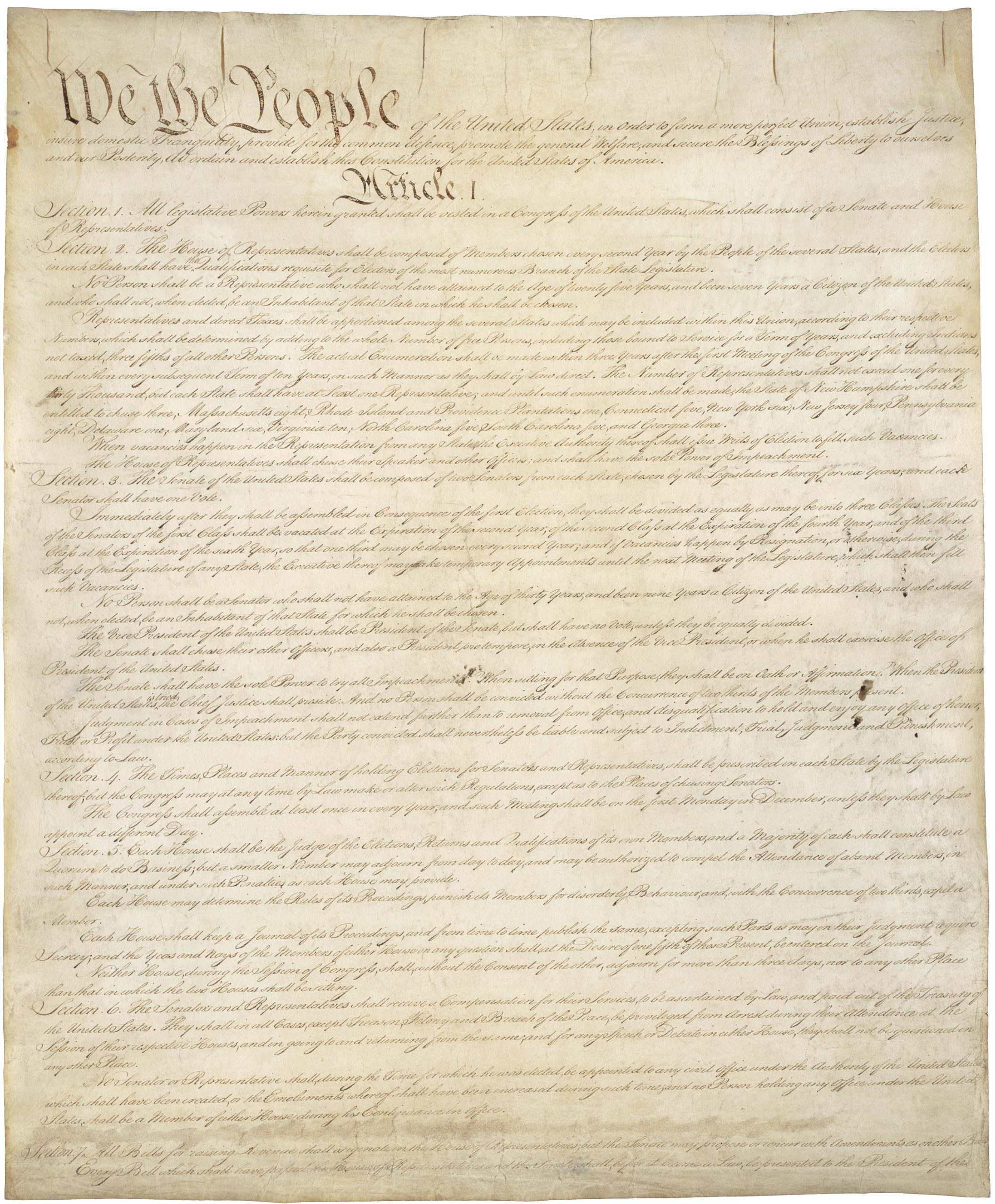The hallowed Fifth Amendment:
“No person…shall be compelled in any criminal case to be a witness against himself.”
This privilege, which applies only to individuals, protects any statement that might even tend to incriminate.
It extends not only to direct admissions of wrongdoing, but to any statement that “furnish[es] a link in the chain of evidence needed to prosecute the claimant for a ….crime.” Hoffman v. United States, 341 U.S. 479.
But isn’t the Fifth only for guilty people? No. It can be a lifesaver for the innocent. Our courts have consistently emphasized that the privilege protects the innocent as well as the guilty.
One of the Fifth Amendment’s “basic functions…is to protect innocent men…who otherwise might be ensnared by ambiguous circumstances.” Grunewald v. United States, 353 U.S. 391.
Say, for example, you are under investigation for conspiring with others to commit wire fraud. You may not know anything about the fraud and have never knowingly participated in any fraud scheme.
Now suppose you are asked whether you know or have met with any members of supposed conspiracies. Here, it would be appropriate for you to invoke the Fifth Amendment.
Why?
The mere admitting that you know or have met with members of the group could potentially “furnish a link in the chain of evidence needed to prosecute…” you.
Even if you did nothing wrong.
In addition to oral statements, the Fifth Amendment privilege can be used to avoid turning over a subpoenaed document.
The act of turning over a document can equal an admission that you know the document exists and you are producing the document in response to a specific subpoena request.
It is important to note, however, that corporations generally may not invoke the Fifth Amendment.
Like other legal areas, the Fifth Amendment privilege is subject to exceptions. And the courts have the final say on whether the privilege has been properly invoked.
The takeaway?
The Fifth Amendment privilege does not just shield a guilty witness from a direct admission of wrongdoing.
It also protects the innocent.





